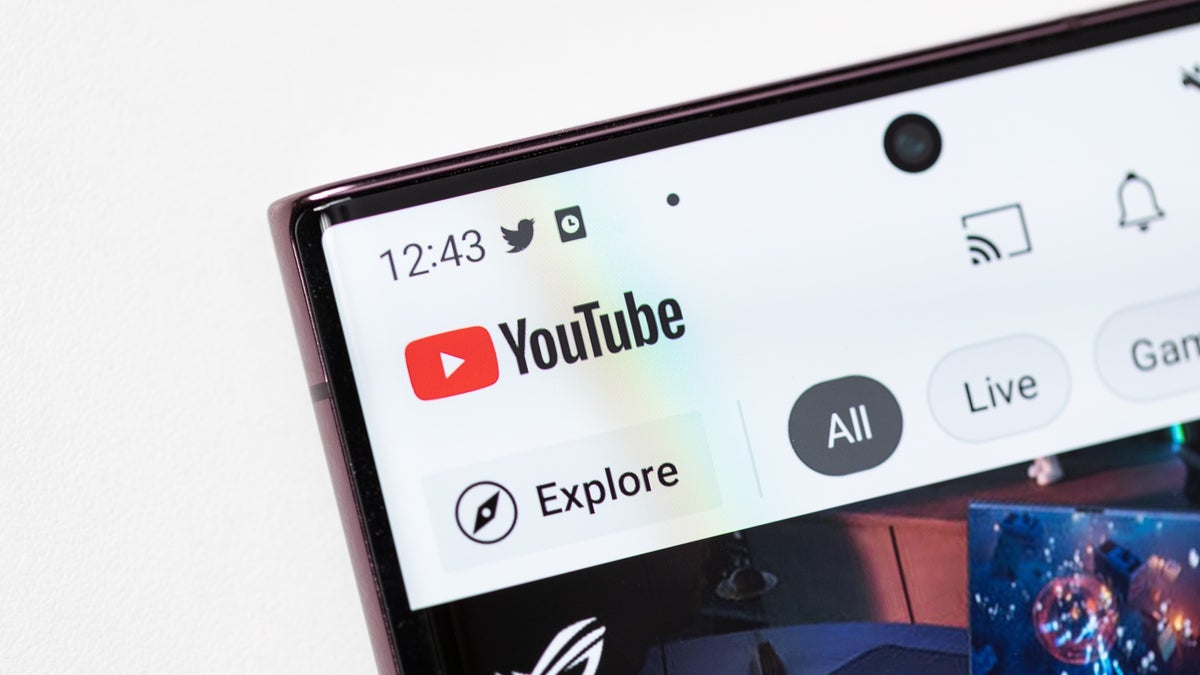That’s what advocacy groups, focused on technology and competition, claim; they’ve urged the US Department of Justice to investigate YouTube. They argue that the video-streaming giant may enable Google and its parent company, Alphabet, to monopolize home entertainment.
There’s a letter to the DOJ antitrust chief Jonathan Kanter in which the American Economic Liberties Project, Demand Progress, and nine other organizations express concerns about YouTube’s rise as a rival to cable and streaming services. They argue that’s so because YouTube is pre-installed on smartphones and TVs sold in the US.
The groups requested the regulator to probe YouTube and point out that Google already holds a dominant position in the internet search market and leads in online advertising technology.
“YouTube has a decade-long record of using its dominance across numerous markets to crowd out competitors, lock in customers, and force the purchase of bundled services,” the groups stated. They further mentioned that the expansion of YouTube TV, the company’s subscription-based streaming service, boosts Google’s “prospects for living room dominance”.
A YouTube representative responded, saying, “Anyone looking for something to watch can see this space is very competitive,” and highlighting that the company competes with streaming services like Netflix and Disney+, as well as other video platforms such as Meta’s Instagram and TikTok.
In April, Alphabet reported that YouTube’s quarterly ad revenue exceeded $8 billion, a 21% increase from the previous year.
Google is already dealing with two antitrust lawsuits filed by the Justice Department and several states. One alleges that the company monopolizes the online search market, and the other claims it dominates the market for digital advertising technology. Google has defended its practices, arguing that its successes were achieved through lawful methods.
The advocacy groups argue that YouTube represents “the third leg of the stool that supports Google’s monopoly.”
